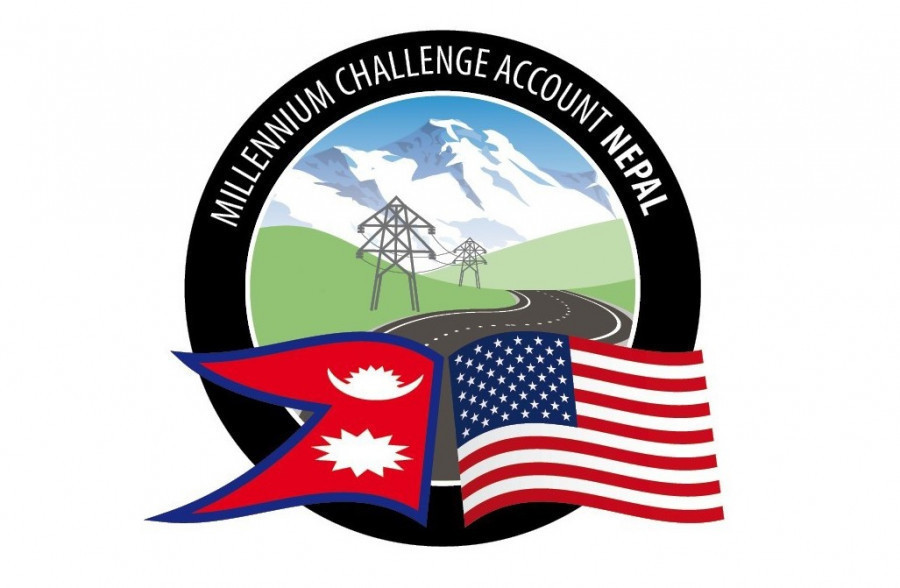Editorial
Meaning of MCC
Had it been shelved, the Nepali political class would be extremely reluctant to back any future American initiative.
The Americans play a pivotal role in Nepal’s geopolitical chessboard. For a country sandwiched between India and China, the US has over the decades given the landlocked Nepal an agency and option beyond its immediate neighbourhood. Most recently, this was evident during the 2015-16 Indian blockade when the American anti-blockade positioning helped Nepal spread the message of its hardship across the world. This is why it is often labelled as Nepal’s ‘third neighbour’. But at the start of the second Trump presidency in January this year, the American support for (and partnership with) Nepal seemed to be unravelling. The Trump administration shuttered the USAID and suspended funding under the MCC—the two agencies whose presence signalled the long-term US partnership with Nepal. These agencies were also supporting Nepal’s development process. This is why the latest news that the MCC funding for Nepal will be continued under a special exemption is a cause for cheer. The Americans have again committed to completing the key power and road MCC projects in Nepal into which they are pumping $500 million. These projects are still on track for completion by the original August 2028 deadline.
The new commitment was vital also because many of Nepal’s top political leaders had staked their credibility in championing them. In 2022, there was a big controversy over the MCC grants for Nepal as they came to be linked to the American Indo-Pacific Strategy (IPS), whose goal is to curtail China’s rise. Major parties like the Nepali Congress and the CPN (Maoist Centre) then joined hands to pass an ‘interpretative declaration’—which spelled out that the grants were not, in any way, linked to the IPS or any other American military or strategic alliance and that the MCC compact would not supercede Nepal’s constitution. Had US President Trump shelved the projects after top Nepali politicians spent considerable political capital pushing them, the political class would be extremely reluctant to back any future American project or initiative in Nepal. This in turn would have damaged bilateral ties and thrown Kathmandu’s difficult geopolitical balance off-kilter. But it would also have harmed American interests. Unlike what the Trump administration supposedly believes, the best way to minimise the influence of authoritarian states in small- and medium-sized countries is through backing their key development endeavours.
Better sense has supposedly prevailed—for now. Donald Trump is mercurial, and he might again decide to pull the plug on the Nepal compact. This is where the calibre of American diplomats will be tested. It appears that US officials in Nepal have been successful in making the case for the compact’s continuity. But they will have to keep emphasising its importance. The real strengths of the US as a superpower are its democratic values, its fostering of democratic institutions and its promotion of accountable and transparent development around the world. The day it stops becoming that beacon of democracy, military or economic might alone may not be enough to maintain its global primacy.




 8.22°C Kathmandu
8.22°C Kathmandu














